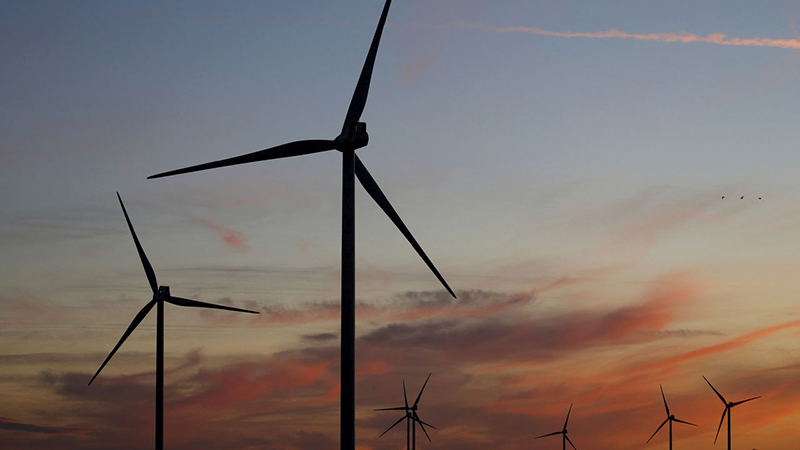Aesop, the Cult-Favorite Skin Care Brand, Will Be Acquired by L’Oréal
The luxury Australian skin care brand Aesop will be bought by L’Oréal, in a $2.5 billion deal that positions the French cosmetics giant to expand its footprint in China, L’Oréal said in a statement on Monday.
L’Oréal’s acquisition of Aesop, which has a loyal following of customers, is L’Oréal’s largest ever acquisition and will increase its presence in the high-end, natural beauty product space.
“Aesop taps into all of today’s ascending currents, and L’Oréal will contribute to unleash its massive growth potential, notably in China and travel retail,” Nicolas Hieronimus, L’Oréal’s chief executive, said in a statement.
Aesop was founded by Dennis Paphitis, a Melbourne-based hairdresser, in 1987, and gained a steady following for skin, hair and body products without ingredients derived from animals, such as beeswax or honey. The brand became known for its dark, apothecary-style bottles, wrapped in white and black labels, which are now staples at some upscale restaurants and in the bathrooms of interior design lovers. In 2009, sales skyrocketed after Aesop took back control of its global distribution from independent distributors and vetted restaurants and cafes that stocked its products. In 2017, Mr. Paphitis sold Aesop to Natura & Co, a Brazilian cosmetics company that owns Avon and the Body Shop. The sale will help Natura & Co. cope with shrinking margins and will help it cut its debt, as it focuses on sales in South America.
L’Oréal, the biggest cosmetics company in the world and the owner of brands including Kiehl’s, Maybelline and Lancôme, has added more natural skin care brands to its portfolio over the past two decades, including Sanoflore, a French producer of organic cosmetics, in 2006 and Thayers Natural Remedies in 2020.
Aesop has nearly 400 stores in the Americas, Europe, Australia, New Zealand and Asia, including two stores in Shanghai that opened in the past year, according to L’Oréal. Aesop’s revenue after costs of goods sold in the fourth quarter of last year was 703 million Brazilian reais ($139 million), down 2.9 percent from the same period a year earlier.
Aesop stores typically have a minimalist aesthetic, with sinks in them so customers can test products on their hands.
L’Oréal expects the deal to close in the second half of the year, a company spokeswoman said, with the deal subject to regulatory approval.






